Faculty by Research Interest
The following is a breakdown of our primary faculty according to the focus of their experiments and missions of their individual labs and collaborative projects. You will find that several members of our faculty are listed multiple times, demonstrating their diverse and interdisciplinary approach to scientific exploration. Click on the headings to learn more about our faculty's work in their fields.

Cellular Neuroscience
The brain is the most complex of all human organs and it has yet to reveal its secrets to scientists. It is composed of over 100 billion neurons, making trillions of connections that remodel every day... (read more).
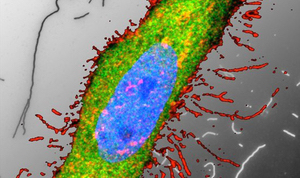
Cytoskeleton & Membrane Biology
Dynamic remodeling of the cytoskeleton and membranes governs almost every aspect of how cells behave. Because it is so important, they use sophisticated mechanisms to tightly control how and where within the cell they reorganize... (read more).
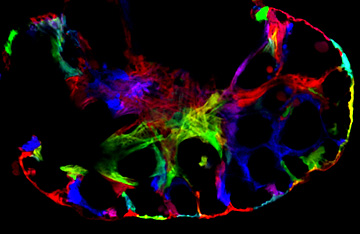
Molecular Genetics of Development & Birth Defects
The development of complex organs from a single fertilized cell is a complicated series of genetic, signaling, and cellular events that must be tightly coordinated in time and space. Our faculty are among the best in the world at discovering how these processes are regulated... (read more).
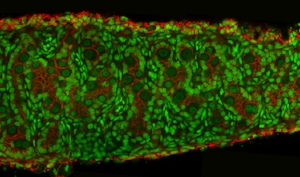
Protein Trafficking & Translation
Protein translation and trafficking are critical functions for all cells that is governed by elaborate molecular mechanisms that have evolved over millions years. Faculty in Cell Biology study these processes using a multitude of proteomic, biochemical, and cellular imaging approaches... (read more)
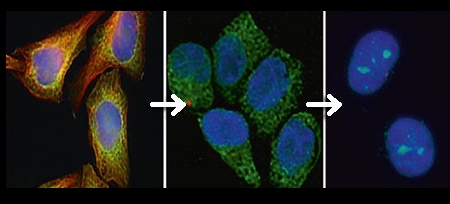
Quantitative Systems Biology
Biological systems are complex and dynamic, and predicting their behavior from properties of individual parts is often difficult. Systems Biology is a field that is emerging as central to many areas of cell and developmental biology... (read more)
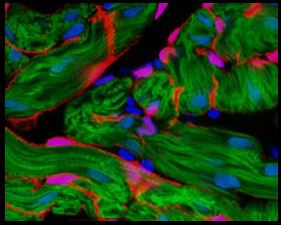
Stem Cells & Regeneration
Stem cells are unique from all other cells in that they can give rise to any and all of the many different cell types of our body. While it has long been appreciated that embryonic stem cells exist at early stages of development, it has only been appreciated recently that many adult organs also contain small niches of stem cells... (read more).
Gifting and support for the important research conducted by faculty in this research area can be directed here.